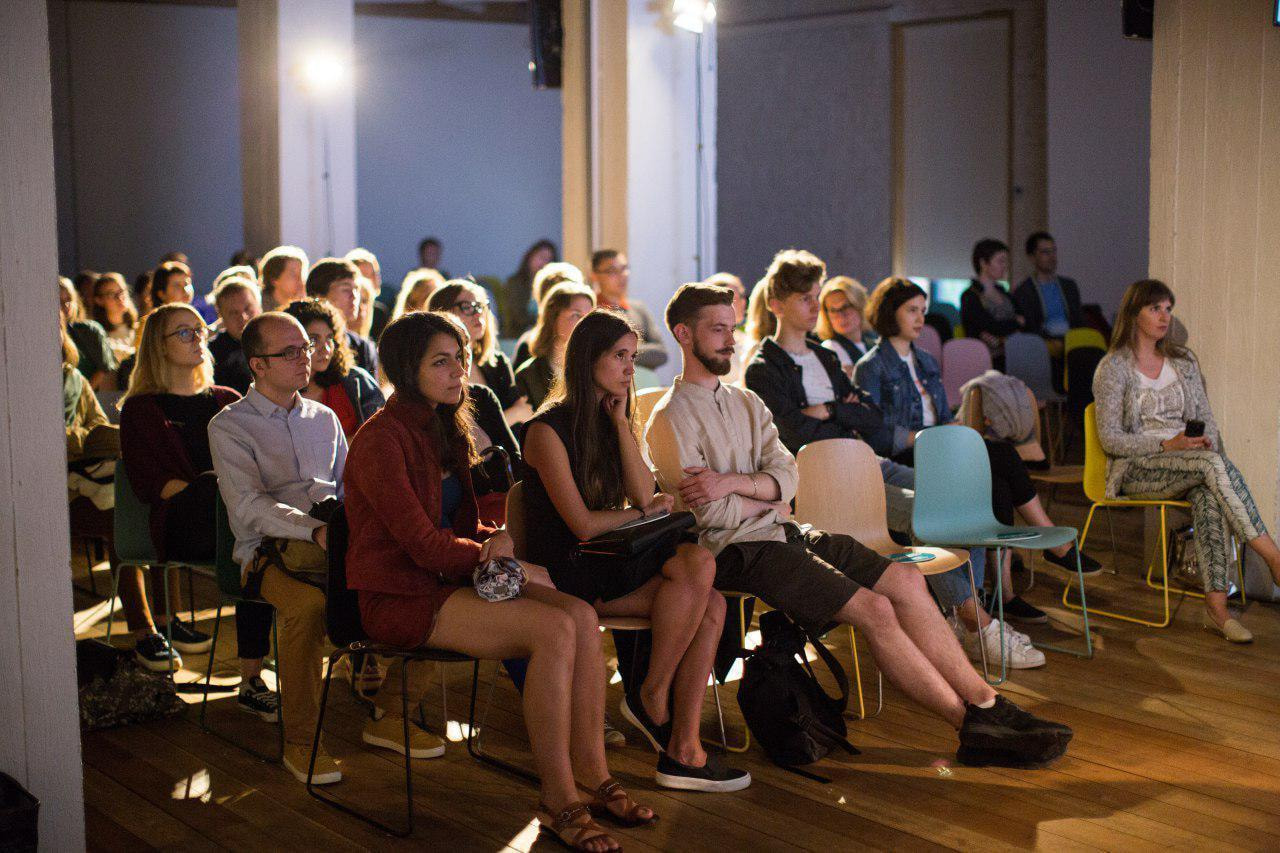The conference, devoted to the changing role of museums in contemporary culture, is organized by Public History Laboratory and supported by Garage Museum of Contemporary Art, Committee for Civil Initiatives, the Friedrich Ebert Foundation, and Media Department of National Research University Higher School of Economics.
The conference looks at the museum as one of the key institutions actualizing the past in the public space. Speakers will discuss the evolution of the museum’s role in the public discourse on the past, the specificity of Russian historical and memorial museums, and the place of collective memory in museum displays.
The conference, which will take place at Garage Education Center, brings together over fifty museum practitioners and researchers from Russia, Germany, USA, France, and Britain. Keynote speakers will include New York University professor Mikhail Iampolski, artist, author, and curator Felicity Allen, and professor at the University of Florida Dragan Kujundzic.
On June 14, in the lead-up to the conference, The Museum of Moscow will host a public reading of the play The Uprising by Mikhail Kaluzhsky, and a meeting with the author. The Uprising was staged as part of the Chainskoye Peasant Revolt (Documentary Theatre in a Museum) project at Tomsk Museum of Local History, which continued the research and memorial project Free and Enslaved People of Siberia. Both projects will be discussed during the conference.
Full schedule is available at the website of the Public History Laboratory.
Public History Laboratory was co-founded by Andrei Zavadski (Free University of Berlin), Egor Isaev (National Research University Higher School of Economics), Artem Kravchenko (Moscow School of Social and Economic Sciences), Varvara Sklez (Theatrum Mundi research lab and RANEPA's School of Advanced Studies in the Humanities), and Ekaterina Suverina (Garage Museum of Contemporary Art) in 2015. The laboratory organizes research and other projects focusing on public history—the field that encompasses theory and practical issues relating to the way the past is actualized in today’s public discourse and spaces.
